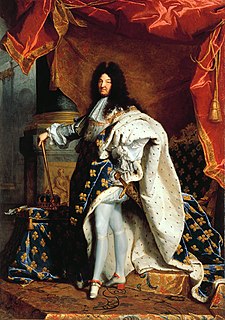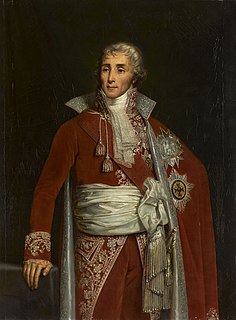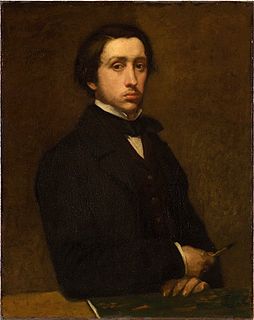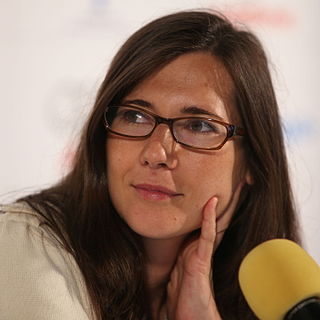A Quote by Louis XIV
Related Quotes
See that unfortunate soldier who is falling hurt to death ("tombe blessé à...", Fr.) on the battlefield; he learns that his folks have vanquished and dies happy. He detached himself from himself (s'est détacher de lui-même", Fr.), has identified himself with something greater and more lasting than himself; his homeland ("patrie", Fr.); thus, while dying as an individual, he has the certainty to survive in a larger existence.
What happened in Ukraine? The coup d'état in Ukraine has led to a civil war, because, yes, let's say, many Ukrainians no longer trusted President Yanukovych. However, they should have legitimately come to the polls and voted for another head of state instead of staging a coup d'état. And after the coup d'état took place, someone supported it, someone was satisfied with it, while others were not. And those who did not like it were treated from the position of force. And that led to a civil war.



































